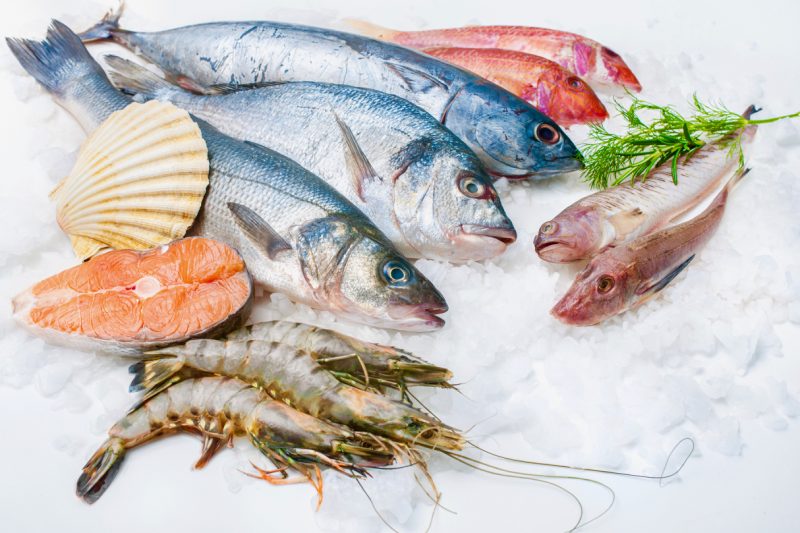Sustainability is an Important factor to consider
Sustainability is becoming one of the most important factors to consider when buying any of our food, but specifically in this case our salmon.
By Ana Roman
SeaWestNews
According to a recent article by the BBC, “… more than 55% of the world’s oceans are subject to industrial exploitation. In addition, “By area, fishing’s footprint is now over four times that of agriculture. That’s an astonishing observation given that fisheries provide only 1.2% of global caloric production for human food consumption.” What this means is the environmental damage to the oceans due to fishing is even worse than agricultural environmental “footprint.”
As the demand for salmon increases, so too will our need for sustainable sources of salmon as we attempt to curb that damage. The last decade has seen major improvements in the way salmon is farmed. That said, it is up to us, the consumer, to know where our salmon is coming from.
A good way to do this is start with the basics. What does sustainability mean? In simple terms, it means a way of combining different ways to enhance a region’s environmental, economic and social well-being. It should be about principles that further the “ecological, social and economic values of a community and region.”
Where does my salmon come from? Does it come from my community? What are their hiring practices? Can I find information about them online? Are they certified, etc.?
We live in an era where we, fortunately, have access to mass amounts of information. It is up to us to use that opportunity to find out what is real and what is not.
Take the time, do the research, and make the sustainable choice when it comes to salmon.
Ana Roman lives in Chicago with her husband, four bloodhounds, and oftentimes a foster dog or two. She became interested in “what goes into our food”, when; six years ago she adopted a bloodhound with severe poultry allergies. It took months of heartbreaking research to realize that pet food companies are some of the worse culprits in what they are willing to sell as safe food for dogs. While Ana’s research began with and through pet food, her concern for the kind of food one should consume now extends to her and husband.

